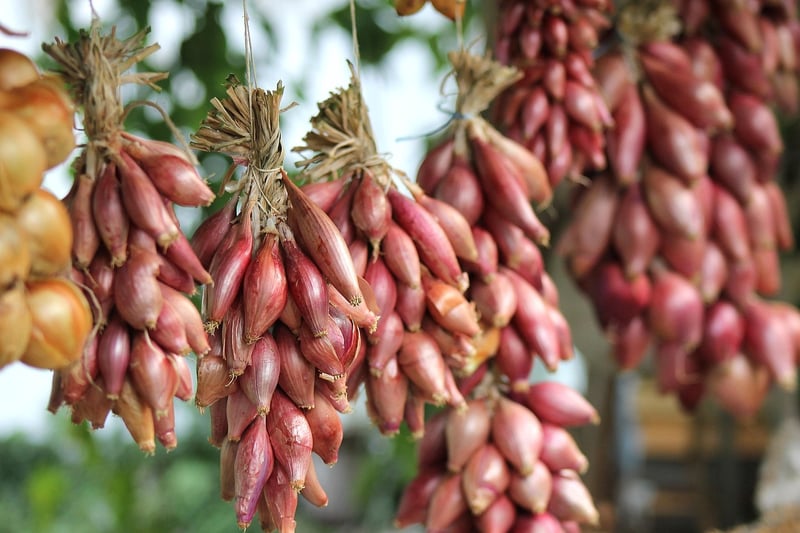Organic Fertilizers
Environmentally Friendly Gardening with Organic Fertilizers
Creating a sustainable and eco-friendly garden is not only beneficial for the environment but also for your plants' health. One of the key components of environmentally friendly gardening is using organic fertilizers. These natural fertilizers nourish the soil, promote biodiversity, and reduce chemical pollution.
Benefits of Organic Fertilizers
Organic fertilizers are derived from natural sources such as compost, manure, bone meal, and seaweed. They offer several advantages over synthetic fertilizers:
- Improve soil structure and fertility
- Enhance soil's water retention capacity
- Promote beneficial microorganisms in the soil
- Reduce the risk of chemical runoff into water sources
- Minimize the impact on beneficial insects and wildlife
Popular Organic Fertilizers
There are various types of organic fertilizers available for different gardening needs:
- Compost: Made from decomposed organic matter, compost enriches the soil with essential nutrients.
- Manure: Animal manure is a rich source of nitrogen, phosphorus, and potassium, vital for plant growth.
- Bone Meal: High in phosphorus, bone meal is excellent for flowering plants and root development.
- Seaweed: Seaweed-based fertilizers provide a range of micronutrients and enhance plant resilience.
Tips for Using Organic Fertilizers
When incorporating organic fertilizers into your gardening routine, consider the following tips:
- Mix fertilizers into the soil before planting for better absorption.
- Avoid over-fertilizing to prevent nutrient imbalances and plant damage.
- Rotate different types of organic fertilizers to provide a diverse range of nutrients to plants.
- Follow recommended application rates to prevent nutrient leaching.
By adopting environmentally friendly gardening practices and utilizing organic fertilizers, you can create a thriving garden while minimizing environmental impact.

